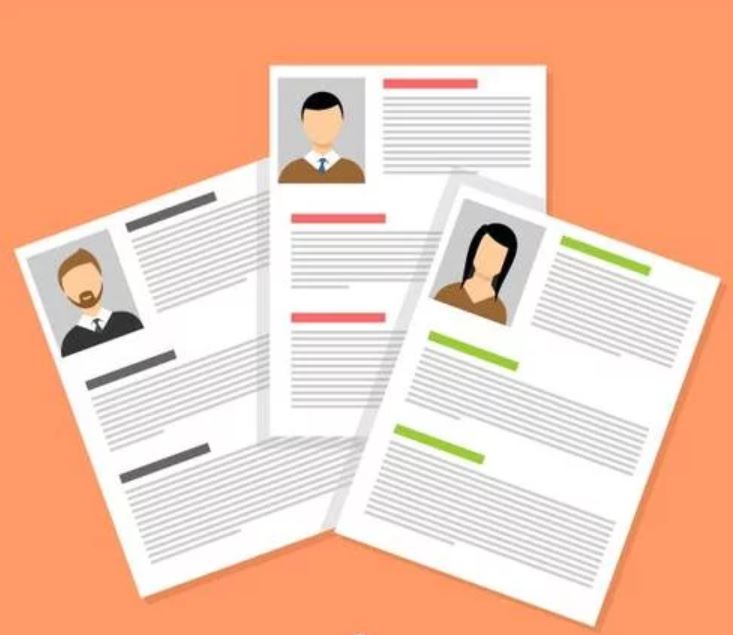
California Background Check Laws (2023)
California employers can run background checks on employees and job applicants, but there are laws regulating when and how they run the background checks. There are also things that California background check law requires an employer disclose after running a background check. Below we discuss applicants’ rights and employer responsibilities under California background check laws. Applicants have separate rights under federal background check law.
Speak to an attorney about CA background check law
No-cost consultations.
Can a California employer ask you about your criminal history?
California passed a law that prohibits employers — starting in 2018 — from asking job applicants on an applicant whether they have a criminal history. The law, called the California Fair Chance Act, is part of a national trend by certain states and localities to pass “ban-the-box” legislation. The “box” that is being banned is the screening checkbox on job applications that asks if you’ve ever been convicted of a crime. Many employers would use that box to screen applicants, and those with a criminal history would never move further into the application process. The Fair Chance Act is designed to give job applicants with criminal histories an opportunity to advance further into the application process, so the employer can get to know them, before the employer is allowed to do a criminal background check.
When can a California employer ask about criminal record (2023)?
California’s Fair Chance Act generally prohibits a California employer from asking any questions about criminal history or felony convictions before making a job offer.
As the California Department of Fair Employment & Housing says:
The Fair Chance Act, which went into effect on January 1, 2018, is a California law that generally prohibits employers of more than 5 employees from asking about your conviction history before making you a job offer.
Once an employer brings an applicant in for an interview and gives them a job offer, the employer is allowed to run a background check. The employer is allowed to make the job offer conditional on the applicant’s passing the background check. If the background check does not come back clean, the California Fair Chance Act requires an employer to evaluate whether the applicant should still receive the job in light of the severity of the crime, and the nature of the crime (e.g. drug use vs. bank fraud), the amount of time that has passed since conviction.
As the California Department of Fair Employment & Housing explains:
an employer can’t take back the job offer without considering the nature and gravity of the criminal history, the time that has passed since the conviction, and the nature of the job you are seeking.
If the employer decides to take back the job offer, they must explain in writing to the job applicant why they are rescinding the job offer, provide a copy of the background check they relied on, and give the job applicant 5 days to respond.

What parts of a criminal background check is a California employer prohibited from considering?
California background check law prohibits an employer from taking into account any of the following when considering whether to hire a job applicant:
- Arrests without a conviction
- Detentions without a conviction
- Referral to or participation in diversion programs
- Dismissed convictions
- Sealed convictions
- Juvenile court criminal history
What happens if you fail your background check in California?
In California, there are additional protections for job applicants. First, before denying a job based on an applicant’s conviction history, employers must consider whether that applicant’s criminal history has a “direct and adverse relationship with the specific duties of that job.” Second, the job applicant has a full five days to respond to the pre-adverse action letter. Third, the final adverse action letter must notify the applicant of any way that the applicant can challenge the employer’s decision within the company, and the right to file a complaint with the Department of Fair Employment and Housing.
In Los Angeles, private employers cannot take adverse action (like not hiring an applicant) based on criminal history unless it provides the applicant with a written assessment linking the applicant’s criminal history with the job’s responsibilities.
What are the penalties for violating California background check law?
For a California law violation, you may be entitled to actual damages or $10,000 per violation, whichever is greater, as well as attorneys’ fees and costs. In certain cases, a court may award punitive damages, too.
Actual damages may consist of lost wages due to not getting the job, but stopping a job search after getting a conditional job offer. Actual damages could also include expenses incurred in applying or traveling to a job interview.
Punitive damages can be substantial — generally up to 10 times the amount of actual or statutory damages awarded.
Our California Background Check Law Attorneys
Dylan Hughes
Dylan concentrates his practice on investigating and prosecuting fraud matters on behalf of whistleblowers, consumers, and employees.
View full profileSteven Tindall
Steven specializes in employment litigation and has been lead or co-lead counsel on several cases that resulted in settlements of over $1 million.
View full profileAmanda Karl
Amanda represents employees, consumers, and sexual assault survivors in complex class actions. She also leads the firm’s Voting Rights Task Force.
View full profileAaron Blumenthal
Aaron represents consumers, employees, and whistleblowers in class actions and other complex litigation.
View full profileOur California Employment Law Experience
About Us
Report a violation of California background check law:




